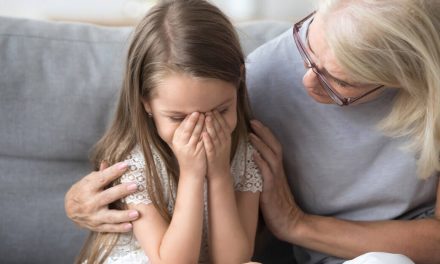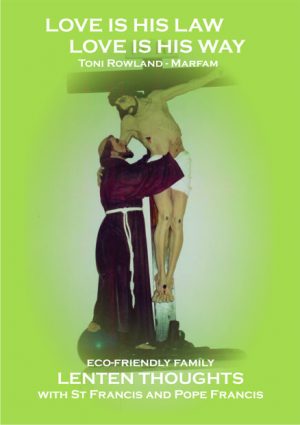Blame can be a massively complicated issue. Right now, because South Africa was the first to report the emergence and identification of a new coronavirus variant, now named Omicron, we seem to be blamed in some way for having created it. This has even led to the country and its people being punished harshly, by travel banns from a whole host of countries, where it has now been established that is has been lurking for a little while already. in any case.

Our country is also in a way being blamed for a low vaccination rate which can allow a virus to mutate. This is also a complex issue, for which many of us do need to take the blame as it continues to be targeted by health authorities here and elsewhere. We should accept that vaccination is the most powerful tool we have and have a responsibility towards one another and the common good.
Let’s delve into this matter of blame. Surely no one should be blamed for doing something good that might have gone wrong. Or should one necessarily be blamed for doing something wrong or bad? That is the deeper question to ask. Human behaviour is slanted towards self-interest and self-preservation, i.e. “Me first!” It is necessary to take responsibility for one’s actions, and that can include taking the blame, but, provided one accepts guilt. Blaming others is easy, but taking the blame oneself for a crime, even a minor act like “Who broke this dish?” is uncomfortable, something we tend to avoid. Taking responsibility, somehow doesn’t uncomfortable as taking blame. .It is a mature response to be inculcated into children from childhood on as part of parental guidance.

The world is also in the middle of the 16 days of Activism for No Violence against Women and Children, which was the topic last week from a Faith Action perspective. This week the focus is on men who are generally being blamed. It is true, men are almost always the perpetrators of violence, but should they always carry all the blame? Relationships involve two persons. They are in a conflict situation and the male, according to his nature, and being the stronger, tends to become violent. However should both parties take a degree of responsibility? Of course there is no excuse for the often horrific acts and even femicide that occur but unpack it further as to who, what and how the situation arises. Is it as simple as “no means no”? A murderer may claim he was possessed by an evil spirit but let us accept we have our own inner demons that need to be controlled and exorcised.
1 December is World Aids Day and commemorates another pandemic that has been with us for 25 years already. When it first emerged in the early 1990s it was almost definitely a death sentence for the infected. Unlike Covid, HIV does not spread opportunistically but mainly through sexual contact with an infected person. Many millions across the world died, and South Africa was greatly affected, before anti-retroviral drugs were developed. Stigma was very strong but, did that, and still does that, take away people’s responsibility for life-promoting behaviour? Many other social ills, alcohol and drug abuse, drinking and driving, teenage pregnancies and abortion all contain the important element of taking responsibility. Our societal attitudes and actions towards the environment are massively irresponsible too, causing great harm to other creatures and creation as a whole.


It is Advent. Laudato si, Amoris Laetitia and many related programmes offer us tools that can be built into our Advent journeys. The season is one of hope and eventual joy, but even before that is it not a time of repentance? Is it not a time to consider what demons are inside us and what we do to one another and to ourselves? Repentance is part of a process of reconciliation. Apart from the demon, there is a still small God-given voice inside us with a desire to make amends, to be at peace and restore relationships. Accepting blame and taking responsibility requires an admission of guilt, followed by a decision to forgive, myself and others, and move forward and on. Confession has become a neglected sacrament for many of us, but the process of reconciliation is a beneficial healing process that can be part of our Advent journey at home too, where, after all, it all begins. Taking the blame, for whatever is harmful between us, won’t do any long-term harm. In the end surely it can only do us good. TR FW 1 December 2021






Recent Comments